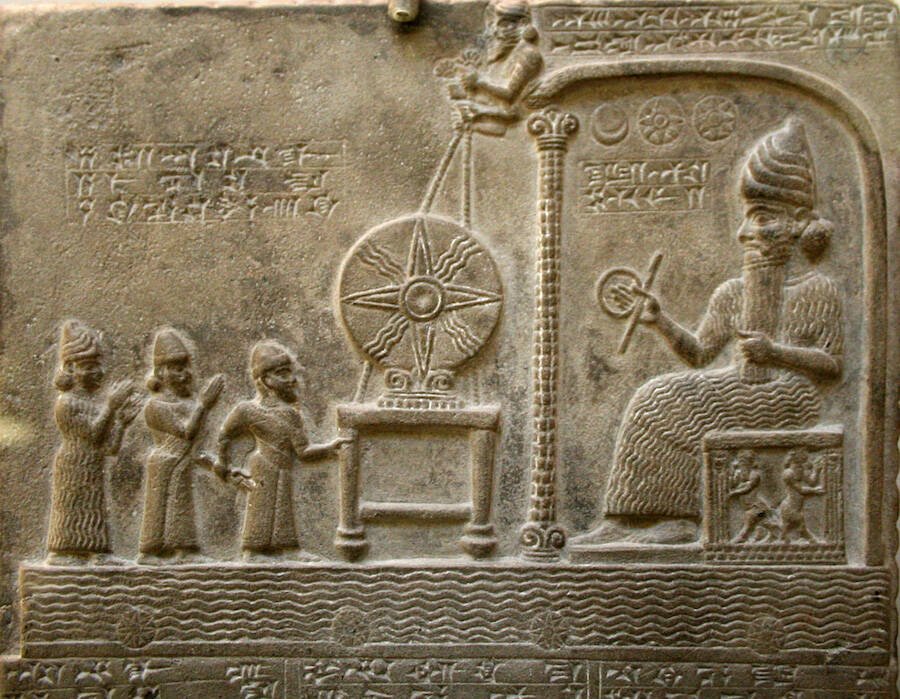
The Anunnaki are a group of deities in ancient Mesopotamian cultures, notably Sumerian, Akkadian, Assyrian, and Babylonian mythology. Their name, often interpreted as "those who came from the heavens," has fueled modern speculation about their true nature and origins. In ancient texts, the Anunnaki are depicted as powerful beings who descended from the sky to shape the destiny of humanity. These deities played a crucial role in Sumerian cosmology, governing various aspects of life and the cosmos, from agriculture and fertility to justice and war.
In Sumerian mythology, the Anunnaki were the offspring of Anu, the supreme god of the sky, and Ki, the earth goddess. Among them were notable figures like Enlil, the god of air and storms, and Enki, the god of water, wisdom, and creation. The Sumerians believed that the Anunnaki held the power to control the fate of human beings and the world itself. Temples and ziggurats were constructed to honor these deities, where priests and worshippers conducted rituals and offered sacrifices to gain their favor and avert their wrath.
The Anunnaki gained a new layer of intrigue in the 20th century through the works of authors like Zecharia Sitchin. Sitchin proposed that the Anunnaki were not just gods but ancient astronauts from another planet, possibly Nibiru. According to his controversial interpretations of Sumerian texts, these extraterrestrial beings visited Earth around 450,000 years ago, genetically engineered humans to serve as a labor force, and imparted advanced knowledge and technology to early civilizations. Sitchin’s theories, while dismissed by mainstream scholars, have captivated the imagination of many and have become a cornerstone of ancient astronaut theory.
Critics of the ancient astronaut hypothesis argue that Sitchin's translations and interpretations lack linguistic and historical accuracy. Scholars of Mesopotamian history and language maintain that the Anunnaki were purely mythological figures, symbolic representations of natural and societal forces rather than literal beings. They assert that ancient myths should be understood within their cultural and religious contexts, rather than being reinterpreted through a modern lens that imposes extraterrestrial narratives on ancient beliefs.
Despite the academic criticisms, the allure of the Anunnaki endures in popular culture and alternative history circles. They feature prominently in books, documentaries, and internet discussions that explore humanity's mysterious past and potential connections with otherworldly beings. Whether viewed as gods, ancient astronauts, or mythological archetypes, the Anunnaki continue to inspire curiosity and debate, reflecting our enduring fascination with the unknown and the origins of human civilization.
In conclusion, the Anunnaki occupy a unique place in the tapestry of human myth and speculation. From their origins as deities in ancient Mesopotamian religion to their modern reinterpretation as potential extraterrestrial visitors, they embody the human quest for understanding our place in the universe. Whether as subjects of scholarly study or imaginative conjecture, the Anunnaki remind us of the rich and complex ways in which we seek to make sense of our past and envision our future.







